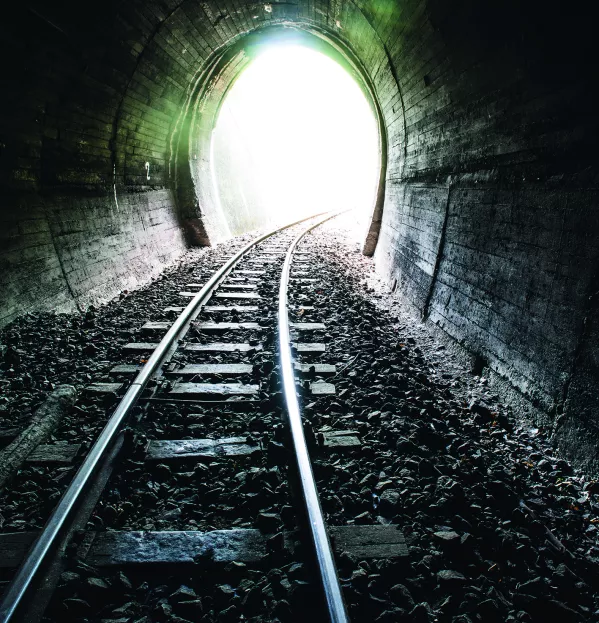Will life in Scotland’s schools ever be the same again?

Coronavirus is so immediate right now, so entwined in every little thing we do in our lives, that it’s hard to take stock of what its long-term impact will be. But we can be sure that things will change, in profound and dramatic ways.
What of education? What will look different after we get through this? What might change utterly, and will it be for better or worse?
What about exams? If the powers that be are forced to accept teachers’ professional judgement of senior phase students in a way that has never previously been countenanced, will that trigger fundamental change? Could the cancellation of exams eliminate our dependency on them, paving the way, perhaps, for a leaving certificate of sorts - a comprehensive account of the skills and achievements children have mustered at school? Will it hasten the end for a system that fixates on exam performance each year from S4-6?
Will there be a profound change in school inspection? Last weekend, a leadership expert in England said that, in light of all coronavirus threw at them, just about every school in the country should be deemed “outstanding”. He mused that this might be “the moment we rebooted the way we think about how we judge our schools”.
The impact of coronavirus on our schools
Could we see the end of snow days? The whole country is on a crash course in online learning. Many tech refuseniks will emerge from the Covid-19 outbreak as evangelists for virtual learning. And if schools can, on some level, operate during a global pandemic, a bit of bad weather will no longer be seen as a good reason for classes to grind to a halt.
Coronavirus is creating a state of flux, where people feel able to stake a claim for an idea that may have been viewed as wishful thinking under normal circumstances. I saw a suggestion that the 2019-20 school year should be completed after the summer, that this would finally allow the school starting age to be reconfigured, making it more in line with the older start that is standard in most other countries.
When we have got through the worst of the outbreak, people will look back at how key figures in education responded. What were their priorities? What support did they provide? New and unlikely bonds will form where people found common ground in a crisis; schisms may emerge where responses and priorities diverged. People will feel emboldened to call out bodies perceived not to have provided the reassurance, guidance and leadership that educators and learners needed; their place in the educational firmament may not seem quite as assured.
As I write, there’s a growing Twitter thread about what the impact will be on teacher recruitment around the world. Will people be attracted by a profession that has proven itself on the frontline of a crisis? Or will they be put off? In the words of one gloomy commentator in Australia, the use of teachers as “shock troops to absorb the chances of infecting grandparents and to keep the economy clicking over will deter many from seeing it as a viable career”.
My optimistic view is that the world will see teachers in a new light - that their bravery, ingenuity and unstinting commitment in the midst of a global crisis will do away with some of the more dismissive takes on the teaching profession. Snidey remarks about teacher holidays? They’ll sound particularly sour. And that hoary old misquote, “Those who can, do; those who can’t, teach,” will appear ridiculously off the mark: people will think back on how difficult they found home learning, and how dedicated teachers remained to their children in the face of unprecedented obstacles.
Just now, all seems possible. Coronavirus is already yanking at the roots of Scottish education - and who knows what fresh shoots will emerge?
This article originally appeared in the 27 March 2020 issue under the headline “After the crisis, will life in schools ever be the same again?”
You need a Tes subscription to read this article
Subscribe now to read this article and get other subscriber-only content:
- Unlimited access to all Tes magazine content
- Exclusive subscriber-only stories
- Award-winning email newsletters
Already a subscriber? Log in
You need a subscription to read this article
Subscribe now to read this article and get other subscriber-only content, including:
- Unlimited access to all Tes magazine content
- Exclusive subscriber-only stories
- Award-winning email newsletters